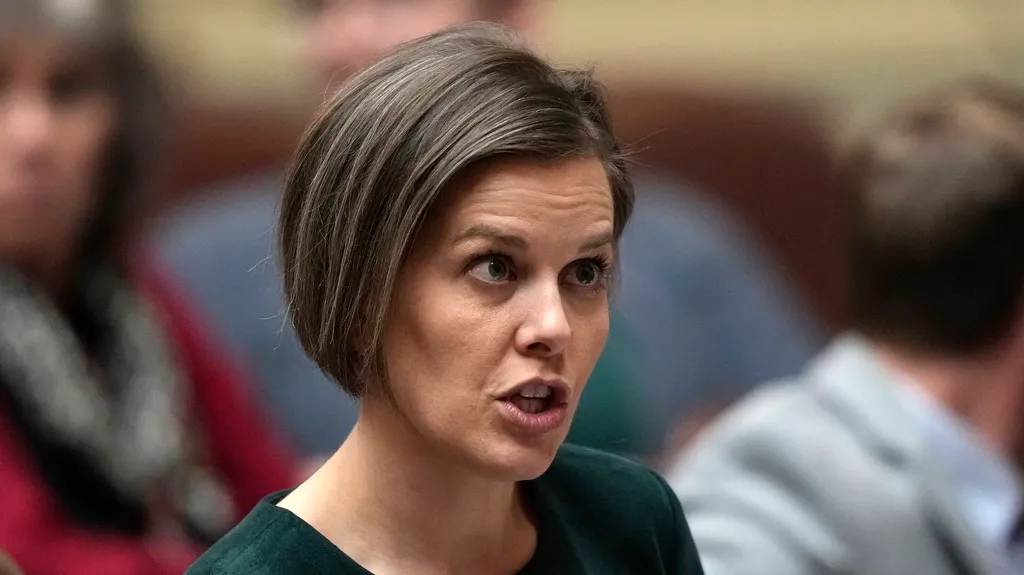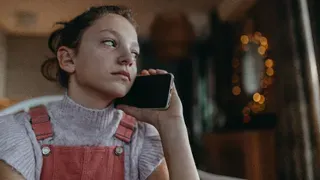April 11, 2013
Schweitzer Fellows Help Boost LGBT Health Via Sex Education
Les Spindle READ TIME: 5 MIN.
May marks the end of an innovative Alfred Schweitzer Fellowship project geared toward fostering greater awareness and open communication in sexual health issues among gay and bisexual males. University of California Los Angeles School of Public Health graduate students Alexander Martos and Jeffery Williams will wrap up their work with the L.A. Gay and Lesbian Center, and take the curriculum to Cal State Northridge to continue their sexual education.
"Both the administration at the Center and the community members were excited that space could be used to talk about sexuality and how it relates between two men," said Martos. "This has not been available before, because everything has been about HIV specifically -- how to protect yourself and not get HIV. It was great to have a conversation that kind of takes away that taboo of talking about sex in a frank and vulnerable manner."
Williams said most participants in the project came from the Gay and Lesbian Center, from the programs they have at service sites in Hollywood and West Hollywood, to have frank, honest conversation about sexuality and sexual health.
"This is kind of an individual exploration of sexuality," said Martos. "From my experience in working by myself and working with other youths, it's clear that sex is a thing that people either boast about or just don't talk about. So this should kind of allow people the chance to explore their questions and get answers without feeling weird about it."
He said that while the questions might seem so obvious and simple, it's important for people to just know the basics: why certain things might feel good or not feel good. The program does a lot with exploring individual limits, what people might or might not be okay with and how to negotiate that with others.
"That's the short-term benefits," he said. "For the longer term, I would say our goal really would be to reframe the whole topic around sex. It would be great if sex was something people talked about candidly and vulnerably, and not just from a point of pathology. You can talk about HIV prevention but also how to enjoy sexuality and to get safe at the same time."
Because they are students at UCLA, Martos and Williams brought in students from campus, and this month will take the curriculum to Cal State Northridge to work with LGBT students there. The year-long program approaches its conclusion, and recently coincided with National Health Awareness Week (Mar. 26-30), in which the LA Gay & Lesbian Center was a participant.
Schweitzer Fellowships Granted to Grad Students Improving Health
According to Susan Ryan-Vollmar, a spokesperson for the Fellowship program, "The Schweitzer Fellowship is granted to graduate students who are accepted to complete a one-year project, via a competitive application process, with a community-based organization. The project must be tied in some way to improving health."
Prior to his current UCLA Masters degree work, Martos, a Los Angeles native, completed studies in public health policy at UC Irvine. He spoke of his motivation and goals in pursuing the Schweitzer-supported project.
"For a while, I was having a hard time merging what I was studying in school with what I was really doing in the community," said Martos, who was involved in a lot of volunteer social justice, activism and community organization work while an undergraduate. "From the policy standpoint, as an undergraduate, I didn't really understand how that all connected with public health until I started applying for grants."
Eventually, the Schweitzer foundation came to the attention of Martos and his UCLA project partner, Williams.
"Jeffery and I instantly looked at each other and saw that we could work as a team. We both have a history of working in the community," said Martos.
Williams, who hails from Philadelphia and studied for 10 years in Washington, D.C., came to LA in 2011 to attend the UCLA graduate program. Speaking about the application process for the Schweitzer Fellowship, he remarked, "We did a lot of groundwork before submitting it. We connected with the LA Gay and Lesbian Center to find out what their needs were. As it turns out, it's been really great."
He gives much credit for the success of this partnership to the support they are receiving from their project supervisor at the LA Gay & Lesbian Center, Susan Cohen, director of Health Education & Prevention.
"The summer before our program started, I reached out to her, saying I wanted to do our summer intern program with them the next summer," said Martos. "So we've been in contact for awhile. I've been kind of building that relationship, and when we found out about the Fellowship, we knew that would be a perfect fit." Martos and Williams each received a $2,500 stipend for their project.
According to Ryan-Vollmar, Schweitzer Fellows in Los Angeles have provided more than 6,000 hours of community service by partnering with community-based organizations. The program has also graduated approximately 150 "Fellows for Life," who continue to give back to the community through the development of sustainable service projects that benefit vulnerable populations.
Both gentlemen speak highly of the Fellowship support, saying they wouldn't have been able to do this project without it, because of few opportunities for GLBT research work in academia. They can also continue their association as Fellows for Life, taking advantage of conferences, events and working with people pursuing similar projects to share feedback.
Martos and Williams hope that the work they have done will continue to result in similar ongoing efforts in the future at the Center, which has done work in lesbian health forums, but little for gay males along the lines of this project. Meanwhile, these Fellows intend to continue work related to LGBT health issues in the next phases of their careers.
Williams just accepted a doctoral program at University of Southern California in the health behavioral research department, saying, "My long-term goal is to become a researcher or a scholar who would look at issues of health disparity in minority communities. And I would work toward developing policies that can address these disparities."
"What's next for me is more education," said Martos. "Just last week I decided to accept an offer at Columbia University, to work for a Doctorate of Public Health degree. Like a PhD, it's research-based, but it's also very applied. I see this as an example of something I'd like to carry on throughout my career -- work with the community, measuring change and making sure we're making a real difference."







